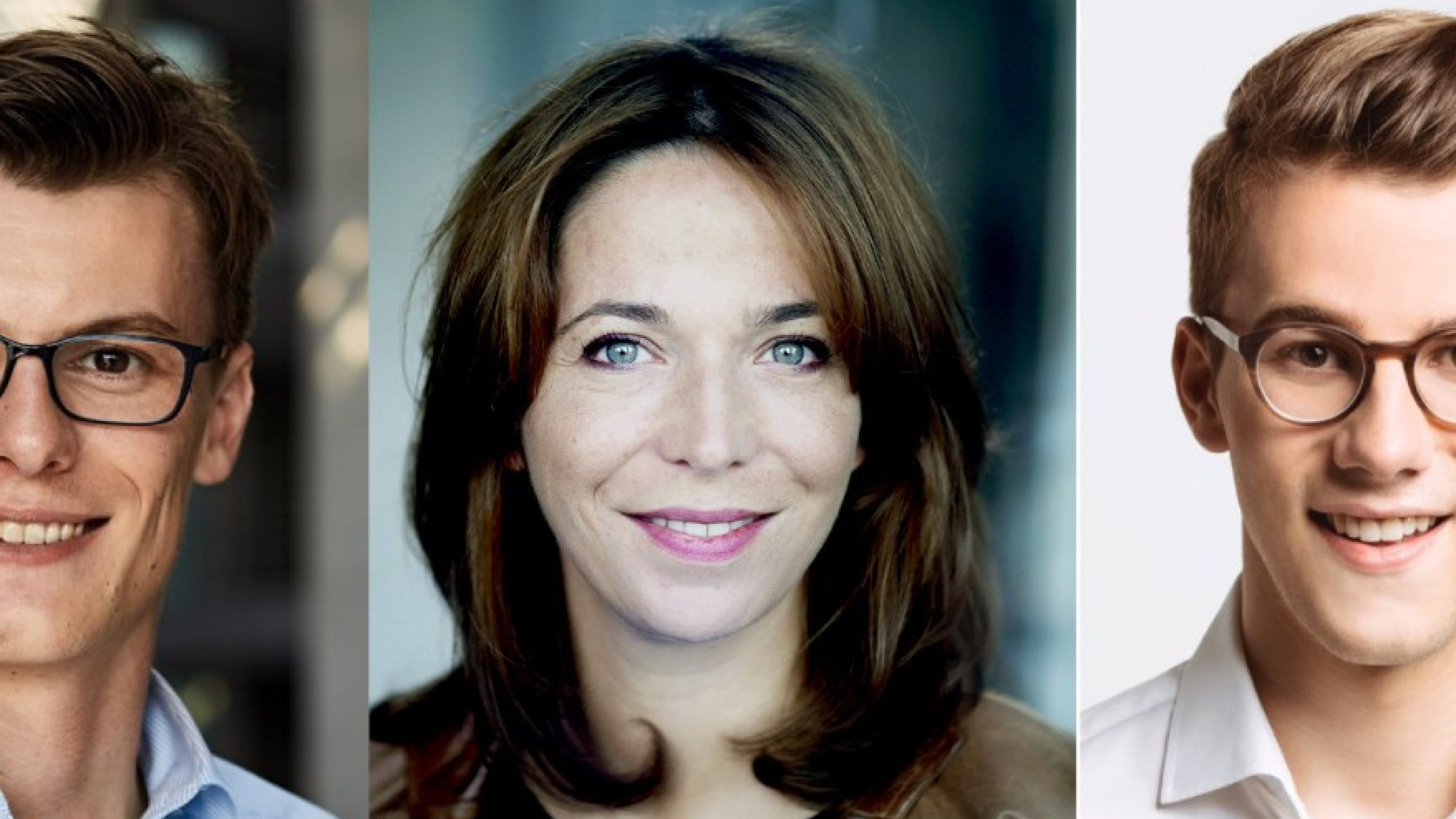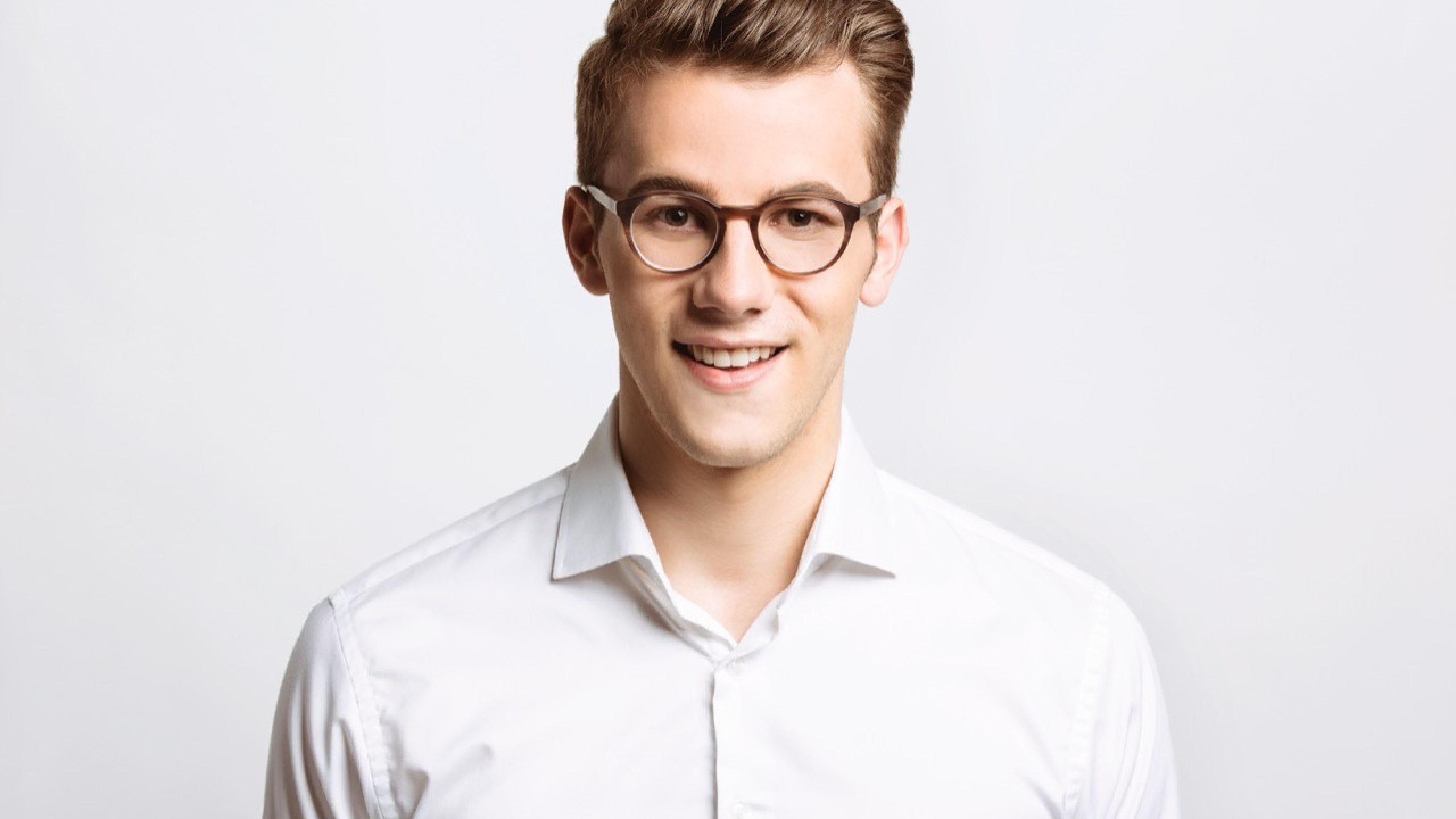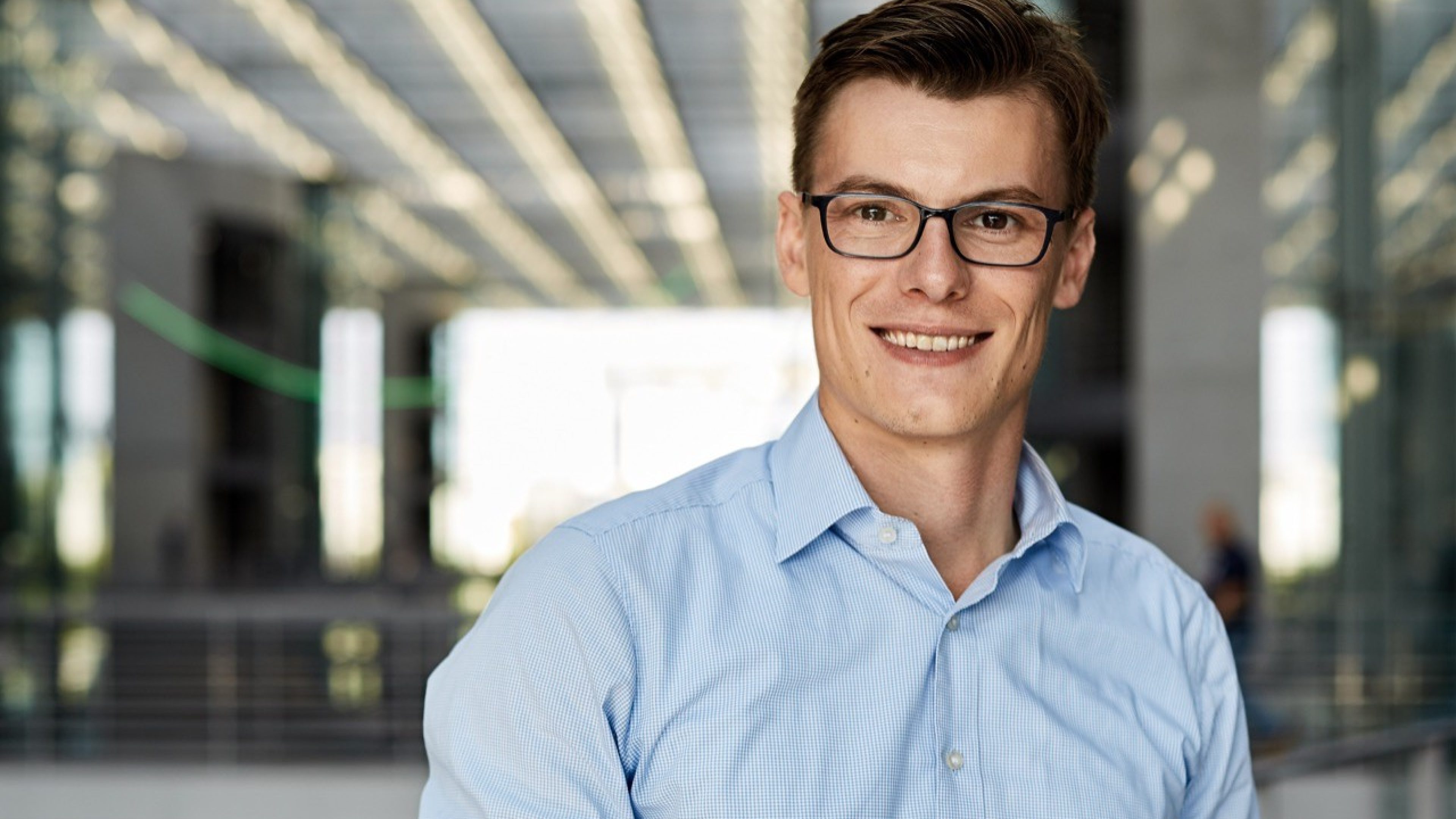Their generation has the reputation of being apolitical and materialistic. This is entirely undeserved according to three Millennials from Germany, France and Switzerland. They are heavily involved in politics and society, both in their career and leisure time. Why do they play a role in society? What do they want to achieve? How do they mobilise their generation? You can find out through this interview series. Second up is Agnès Hubert from France.
1. Why did you choose to work in your particular field?
Working in the voluntary sector or, to be more specific, health and research was very much a deliberate career path. Having spent a number of years in the financial sector, I decided to devote my energies to a greater cause, to the benefit of society. It wasn’t an easy move to make as the labour market in France is highly partitioned. Fortunately, some recruiters are more open and know how to exploit the opportunity to recruit more atypical profiles who also have relevant skills to offer.
2. Your generation is often seen as being apolitical and materialistic. What does it take to mobilise this generation?
I don’t share the view that we are materialistic and apolitical. I think as a generation we have just chosen to free ourselves from certain constraints and obligations. We need to form an idea of how things are before deciding to make a commitment. As a result, political choices are made later for some and, I believe, are not associated with the need for financial security. We are a generation who need to understand and see the meaning of things. That is reflected in our attitude to work, financial security and social relationships, which is different from that of preceding generations. We need explanations, demonstrations and evidence to see something is worth mobilising for...
3. What are the three main problems facing the young in your country?
The current economic and political context, which offers an uncertain future to great swathes of our society. Corporate faith in the young and employing young people is still a social issue in France. Let's change this perception: young people are not a risk for the corporate world but an opportunity.
4. And what are the three biggest opportunities?
Dynamism of innovation and new technologies as a source of new jobs, new services and new organisations. Openness and international mobility.
5. Have you already thought about your retirement provision?
I overlooked my retirement provision for a long time. However, given the economic situation in France, I have organised some solutions now, such as dedicated saving and insurance, to compensate for a low retirement pension, assuming it exists at all. I think that, unfortunately, the French retirement system is no longer compatible with our age pyramid and growing longevity.
6. How long do you think your generation will have to work?
The current system gives a retirement age of 67, but I fear that my generation will have to work longer than that and subsequently draw a meagre retirement pension. In France, we don't really have a funded pension scheme culture -- but that is bound to change.
7. What two or three things do you want to accomplish in the next two or three years?
In the near future, I would like to stage a play that I’m currently writing. I am passionate about this art form and I share my time among my working life, the theatre and my family. I also want to create a major solidarity movement against cancer with Institut Curie. We live in an age of discovery and advances against cancer. With the support of the public, we can make more progress in research and patient care.

Agnès Hubert
Head of donor relationships and public relations at Institut Curie in Paris
Agnès Hubert (39) has been in charge of PR and donor relations at Institut Curie since 2016. Following ten years working in finance, she changed career direction in 2010, initially going to La Manu, an association connecting students with companies, before joining Institut Curie one year later. Institut Curie is one of the world’s leading cancer research centres and has its own hospital. Agnès Hubert lives with her family in Paris.



